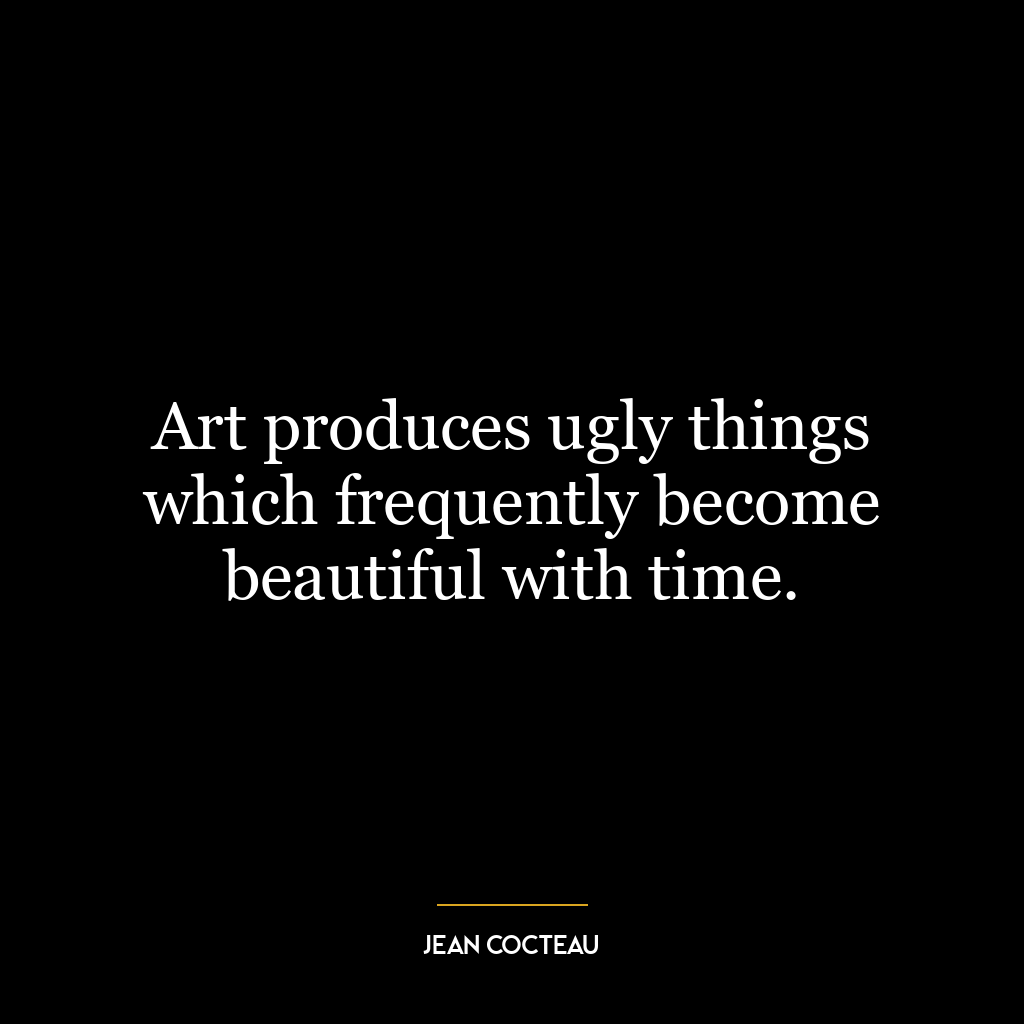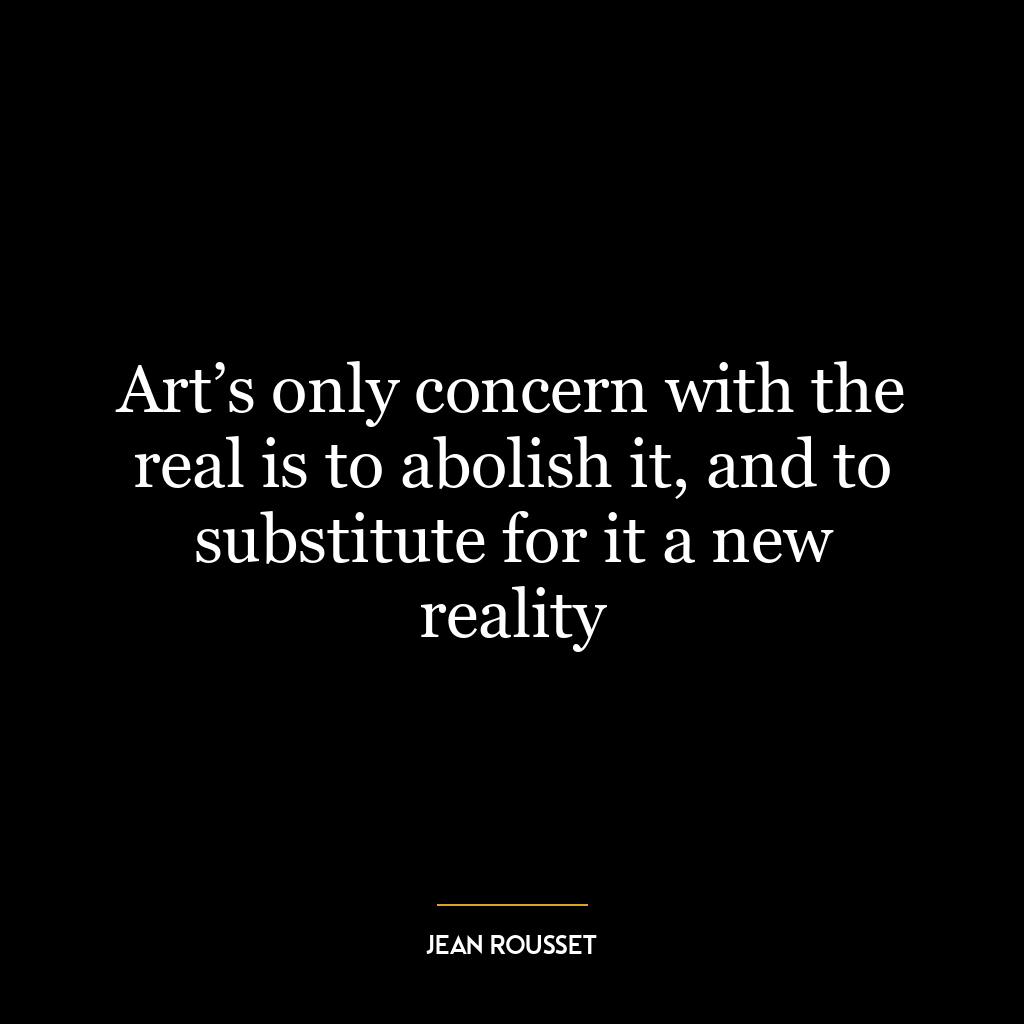Then not only an old man, but also a drunkard, becomes a second time a child.
This quote suggests that both old age and excessive drinking can reduce a person’s mental and physical capacities to that of a child. The metaphor of becoming a ‘second time a child’ implies a regression, a return to a state of dependency and lack of self-control. In the case of old age, it may refer to the diminishing cognitive abilities and physical strength that often accompany advanced years. For the drunkard, the comparison likely points to the loss of inhibitions, impaired judgement, and erratic behavior that can result from excessive alcohol consumption.
The quote underscores the importance of moderation and self-care. It encourages us to respect our bodies and minds, to understand that our actions and habits have consequences. In today’s context, it could serve as a warning against substance abuse and a reminder to lead a balanced lifestyle for maintaining our health and dignity in old age.
In terms of personal development, this quote could be a call to cultivate habits that contribute to our long-term wellbeing, rather than seeking immediate gratification. It suggests that we should strive for personal growth and maturity, rather than allowing ourselves to regress or remain stagnant. It’s a reminder that our choices and behaviors shape not only who we are in the present, but also who we will become in the future. This perspective encourages personal responsibility, self-discipline, and foresight—qualities that are essential for achieving personal and professional success in today’s fast-paced, competitive world.











